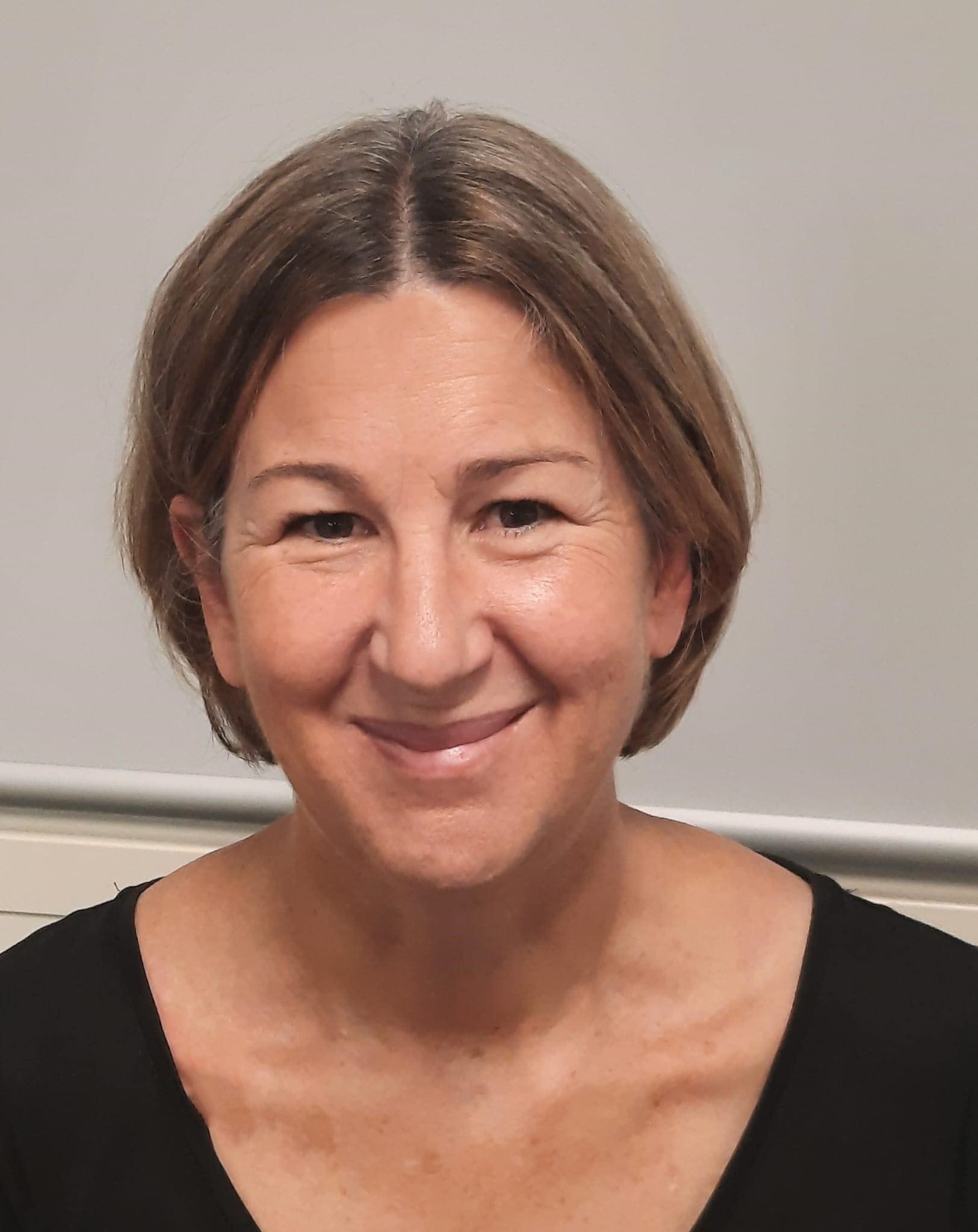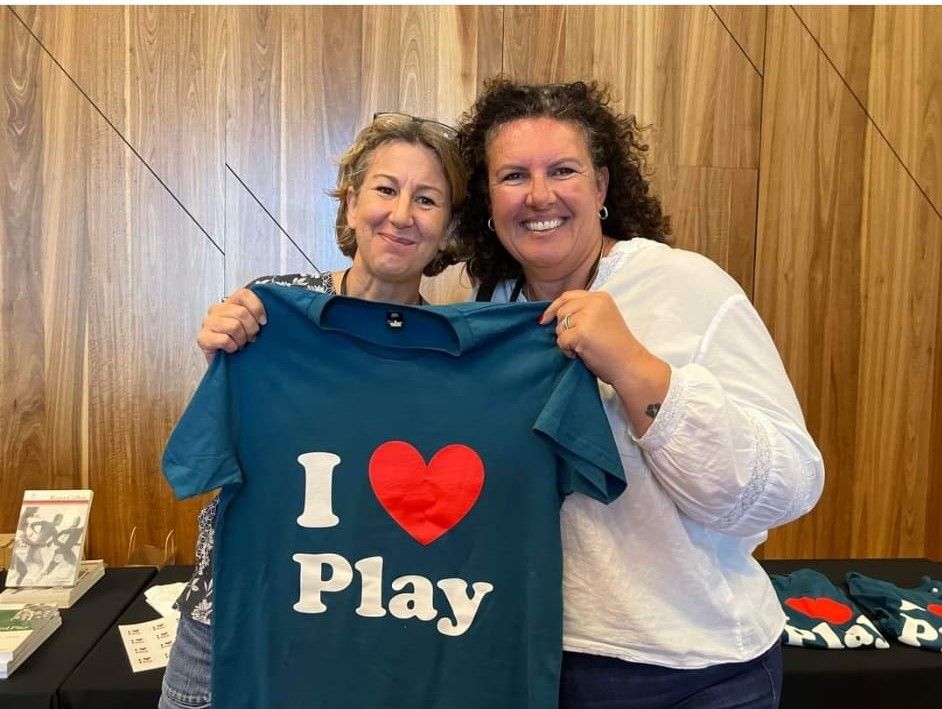Playwork was created as a new way of working with children in the adventure playgrounds set up across the UK just after the Second World War. In the last few years there has been a growing interest in playwork practice around the world. Over 100 Australian educators, academics, therapists and support workers have already been qualified in PARS playwork practice.
PARS is a model of professional practice for adults which puts children at the very heart of services for children. Rather than develop structured and pre-planned activities, PARS practitioners create time and space for children to explore and develop their own interests from their own perspectives. This approach fits perfectly with the revised national regulatory framework for out of school aged care (OSHC) in Australia.
Associate Professor Jennifer Cartmel, a chief investigator for the recent update of the My Time, Our Place framework, has seen how Educators have used PARS to help them to improve the quality of their out of school services in line with the MOTP requirements. “The PARS training has fully aligned with the principles and practices in the Australian Framework. The OSHC services have noted that the impact and relevance of PARS is exceptional for its capacity to upskill educators who work with school age children in after school programs.”
Teams who have been trained in the PARS model often comment on the benefits of having a common PARS language which supports professional development by improving communication across the team. Amy Blane, an Educator in Queensland said, “One immeasurable benefit of PARS is now having the language to engage with, both in self-reflection and in conversation with other practitioners and stakeholders. It means that we can now discuss what we think is happening for the children and what we think we can do to enhance (or meaningfully not ruin) what is happening, and to start to work on a collective understanding of our practice as a service.”
This common understanding about the role of the adults as PARS practitioners creates a sense of professionalism within staff teams. Australian educators have also found that PARS training has given them the confidence to discuss realistic expectations for children’s free time with parents and other stakeholders. Susie Berkhut, Director of Payne Road OSHC in Queensland, found that taking a proactive approach with parents resulted in increased support for their PARS approach. “I was able to do a presentation of some of what I learned on the PARS course at our monthly parents and carers meeting. I received great feedback from being able to explain not just how but why we are choosing to practice in this way. For some, it changed the way they looked at what we did. Brought a few more enrolments too!”
One of the things that Educators often reflect on is that PARS is different to other approaches to working with children, such as teaching and early years work. This sometimes means that participants on PARS courses need to reflect on their own priorities and shift their own perspectives when it comes to working with children in out of school settings, as Isabelle Zastavnikovic from Castle Hill Funhouse reflected, “I have learnt a new perspective that resonates really well with my own values; and this new information is continuing to challenge my own practice.”
Are PARS playwork programmes accredited?
How can a UK accredited programme be relevant in Australia?


